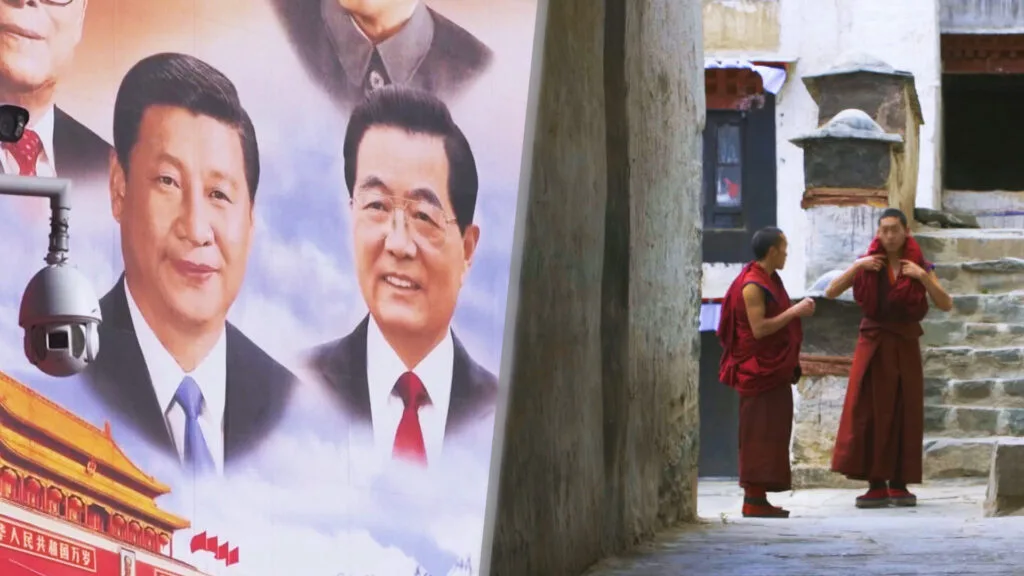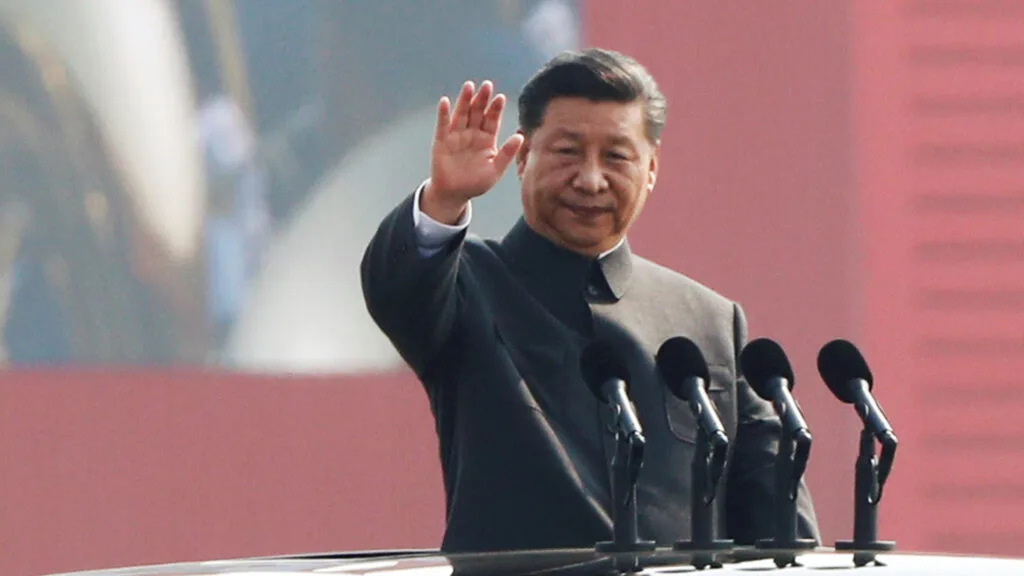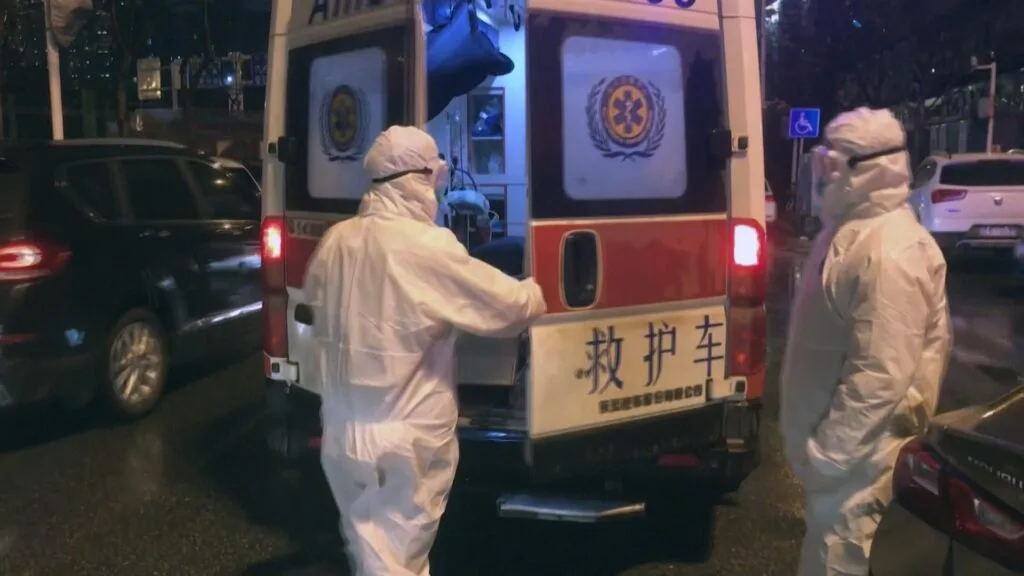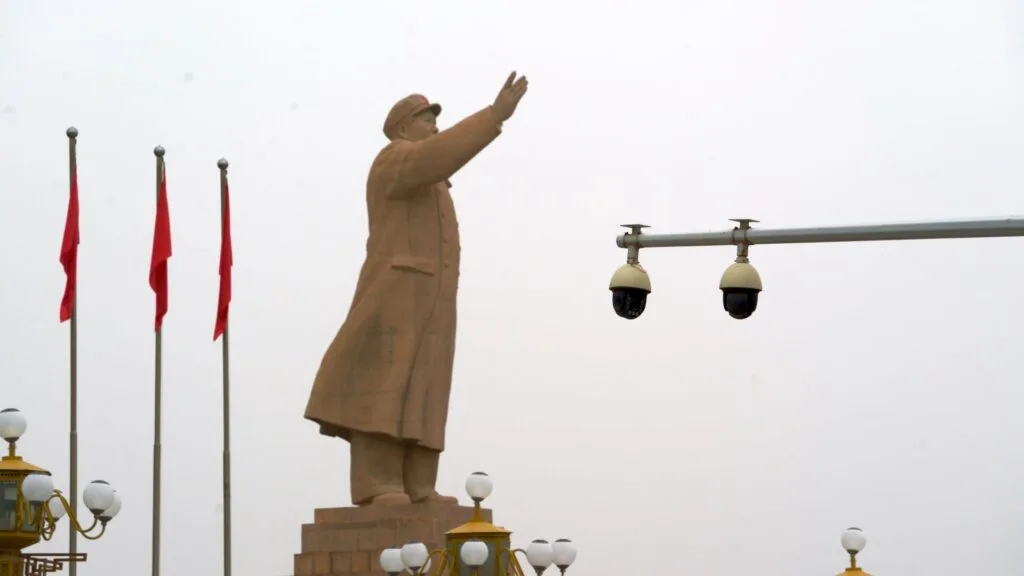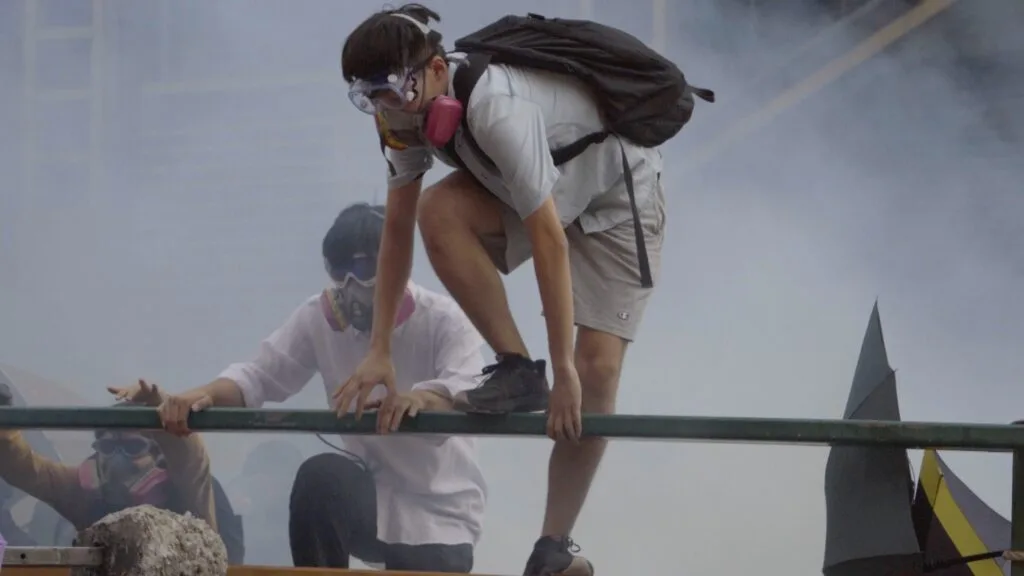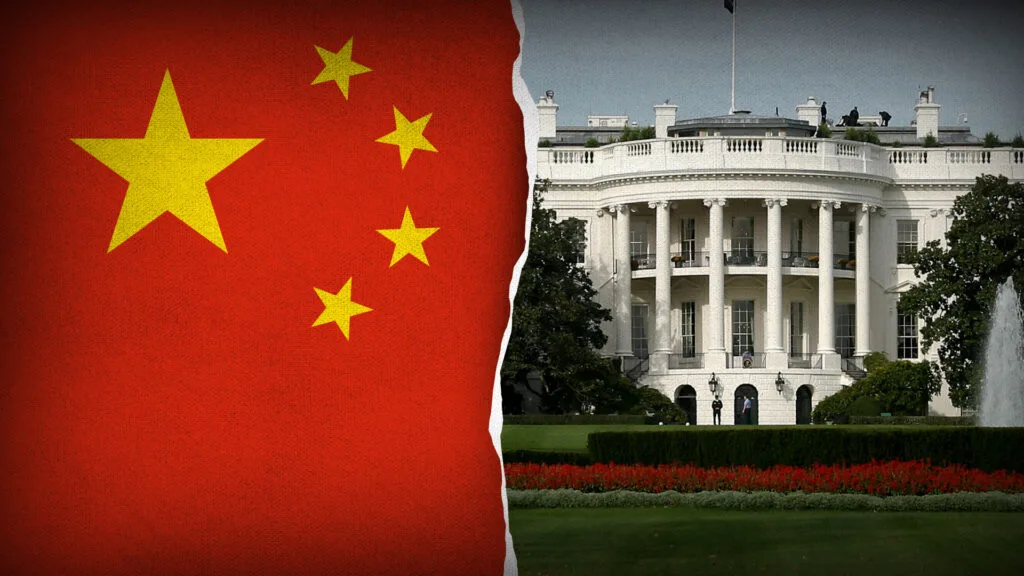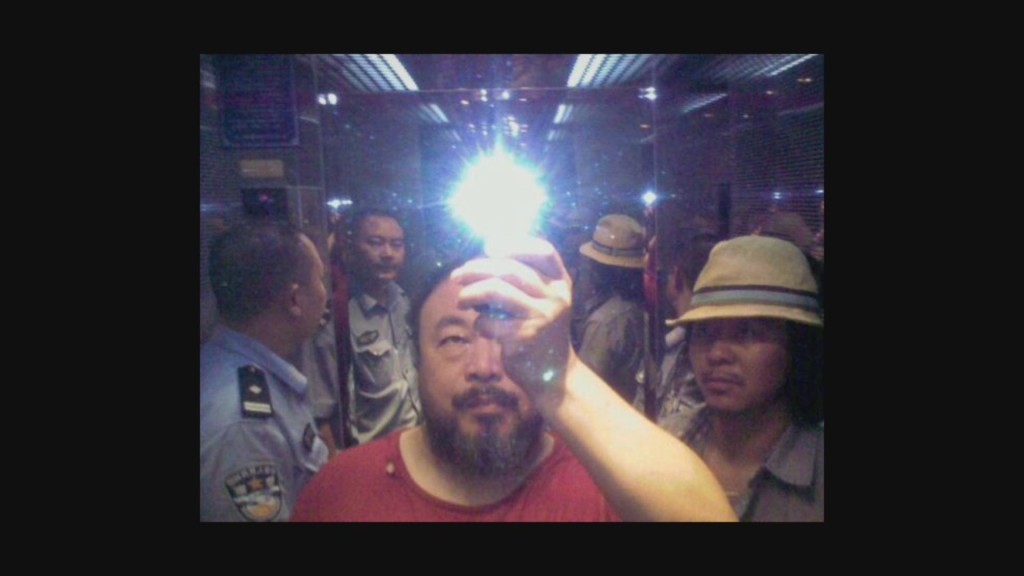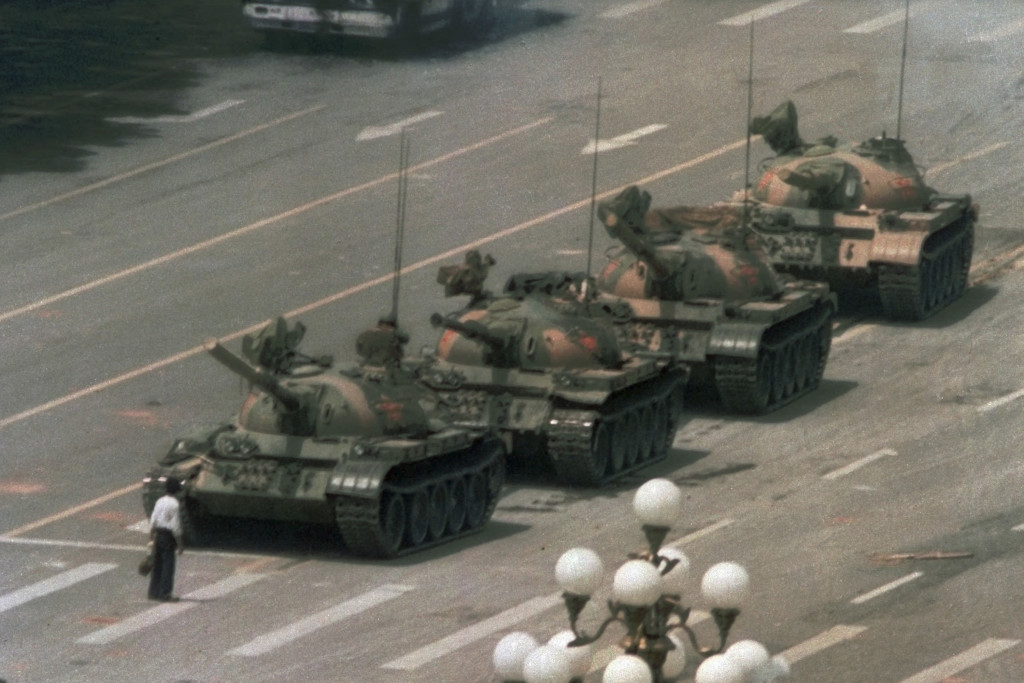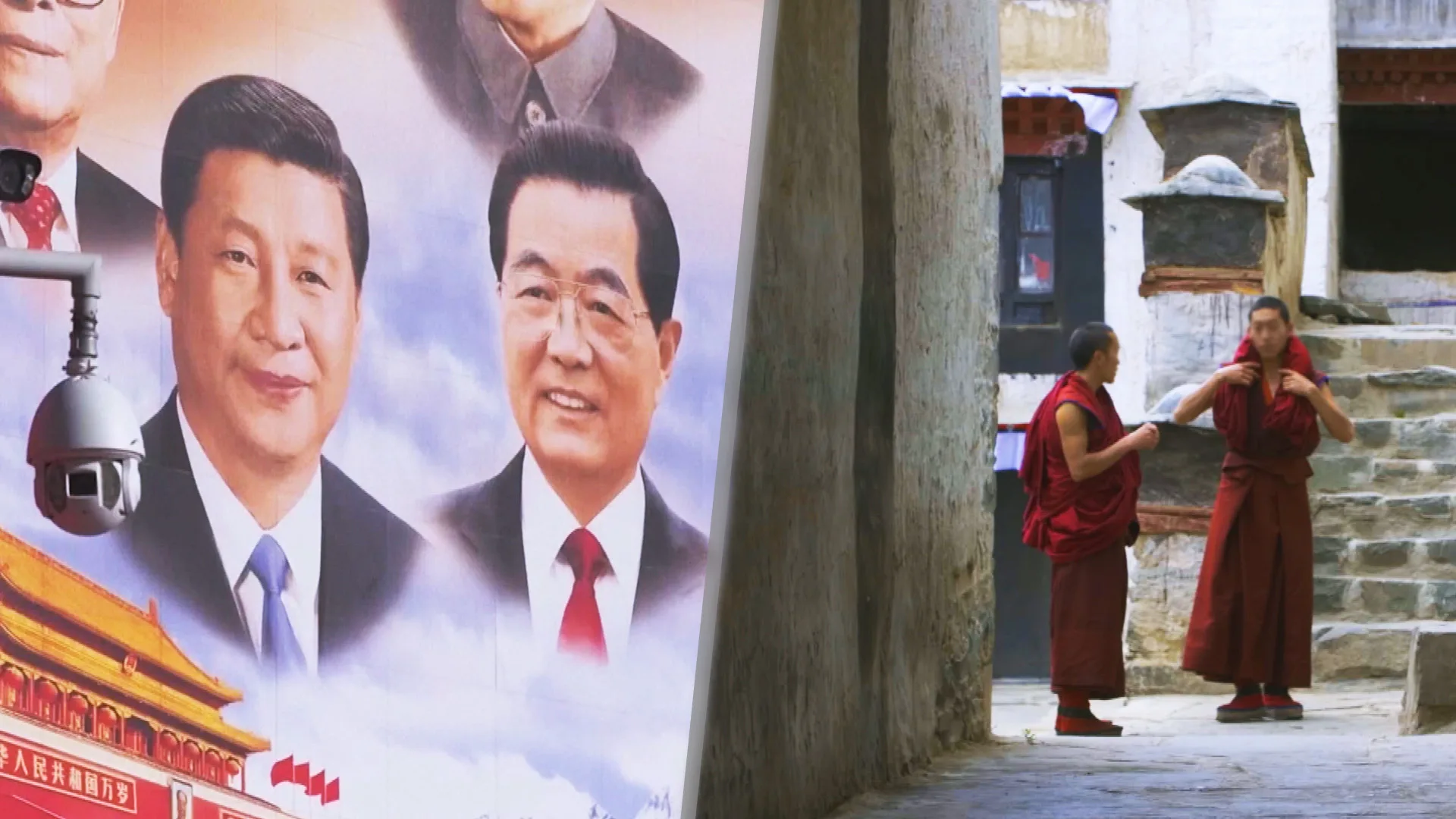Boarding Schools Teach Tibetans to ‘Become More Chinese’
February 18, 2025
Share
Tibetan sociologist Gyal Lo remembers receiving a phone call in 2016 about what he describes as “a serious matter.” It was his brother, calling with concerns about his grandchildren, who “had become strangely different.”
The children had “forgotten the Tibetan they knew and could no longer speak it properly,” says Gyal Lo, who lived in a Chinese province at the time, and now lives in exile in Canada. “The parents and the children couldn’t have a proper conversation with each other in Tibetan.”
The video above, drawn from the new FRONTLINE documentary Battle for Tibet, chronicles Gyal Lo’s next moves. Deciding to investigate what was happening at schools across Tibet, Gyal Lo visited over 50 kindergarten boarding schools for Tibetan children between 2017 and 2020. He says he found little teaching of Tibetan language and culture contrary to official claims.
Sharing what he saw when he visited the boarding schools, Gyal Lo says, “Listening to them and analyzing, there were two main areas of teaching in the boarding schools for pre-school children. One is to instill the communist ideology and the second is to instill Chinese culture. These two subject areas of teaching are being implemented to change the Tibetan children’s mindset.”
The Chinese government has placed around 800,000 Tibetan children — including ones as young as four — in boarding schools where they are taught in Mandarin. The video above examines this aspect of the Chinese Communist Party’s rule over Tibet. The full documentary, which premieres on Feb. 18 on PBS and online, investigates the struggle over the survival of the Tibetan language, culture and religion, the use of surveillance on the Tibetan population, and China’s branding of the Dalai Lama as an anti-China separatist, despite his repeated statements that he would accept self-rule within China.
The government did not agree to an interview with FRONTLINE, but in written responses said the Tibetan boarding schools are important in a region with a highly scattered population, and are examples of “human rights and cultural heritage protection.”
Victor Gao, an advocate of China’s rule in Tibet, says in the video that without knowing Mandarin, “it will be more difficult for you to find a more meaningful job,” and “you will be more handicapped in communicating with the rest of the country.” In the video above, President Xi Jinping is seen addressing students at a Tibetan boarding school, saying they will have “a lot of opportunities” in life.
“The Xi Jinping mission is to say, ‘we have to start from childhood,’” Robert Barnett, a renowned expert on Tibet, tells FRONTLINE. “So now the policy is to have kindergartens teaching in Chinese language, to get them speaking Chinese, and basically only Chinese when they’re in a kindergarten,” he says. Tibetans would “become more Chinese,” Barnett says.
Gyal Lo, who became outspoken about the need to preserve Tibetan language and culture, says he eventually lost his university teaching job. Worried that he might get arrested, he fled to Canada in 2020.
“These boarding pre-schools erase the fundamental mindset of Tibetan children from the age of four and replace it with a new Chinese mindset,” Gyal Lo says. “Over the next 15 to 20 years, if boarding schools continue, Tibetan national culture and identity will be completely destroyed.”
Battle for Tibet will be available to watch at pbs.org/frontline and in the PBS App starting Feb. 18, 2025, at 7/6c. It will premiere on PBS stations (check local listings) and on FRONTLINE’s YouTube channel that night at 10/9c and will also be available on the PBS Documentaries Prime Video Channel. Subscribe to FRONTLINE’s newsletter to get updates on events, podcast episodes and more related to Battle for Tibet.
Battle for Tibet is a Hardcash production with GBH/FRONTLINE and ITV. The director and producer is Gesbeen Mohammad. The senior producers are Dan Edge and Eamonn Matthews. The editor-in-chief and executive producer of FRONTLINE is Raney Aronson-Rath.
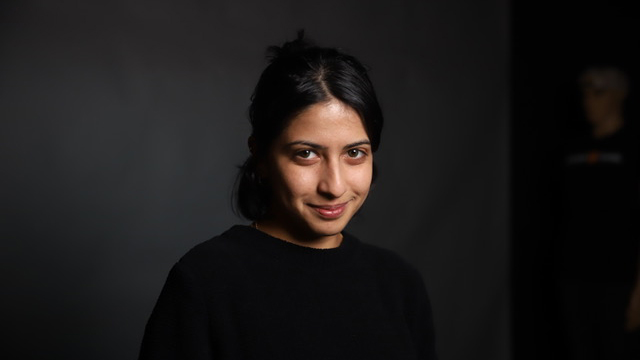
Email:
sunny_nagpaul@wgbh.orgRelated Documentaries
Latest Documentaries
Related Stories
Related Stories
Explore
Policies
Teacher Center
Funding for FRONTLINE is provided through the support of PBS viewers and by the Corporation for Public Broadcasting, with major support from Ford Foundation. Additional funding is provided the Abrams Foundation, Park Foundation, John D. and Catherine T. MacArthur Foundation, Heising-Simons Foundation, and the FRONTLINE Trust, with major support from Jon and Jo Ann Hagler on behalf of the Jon L. Hagler Foundation, and additional support from Koo and Patricia Yuen. FRONTLINE is a registered trademark of WGBH Educational Foundation. Web Site Copyright ©1995-2025 WGBH Educational Foundation. PBS is a 501(c)(3) not-for-profit organization.
